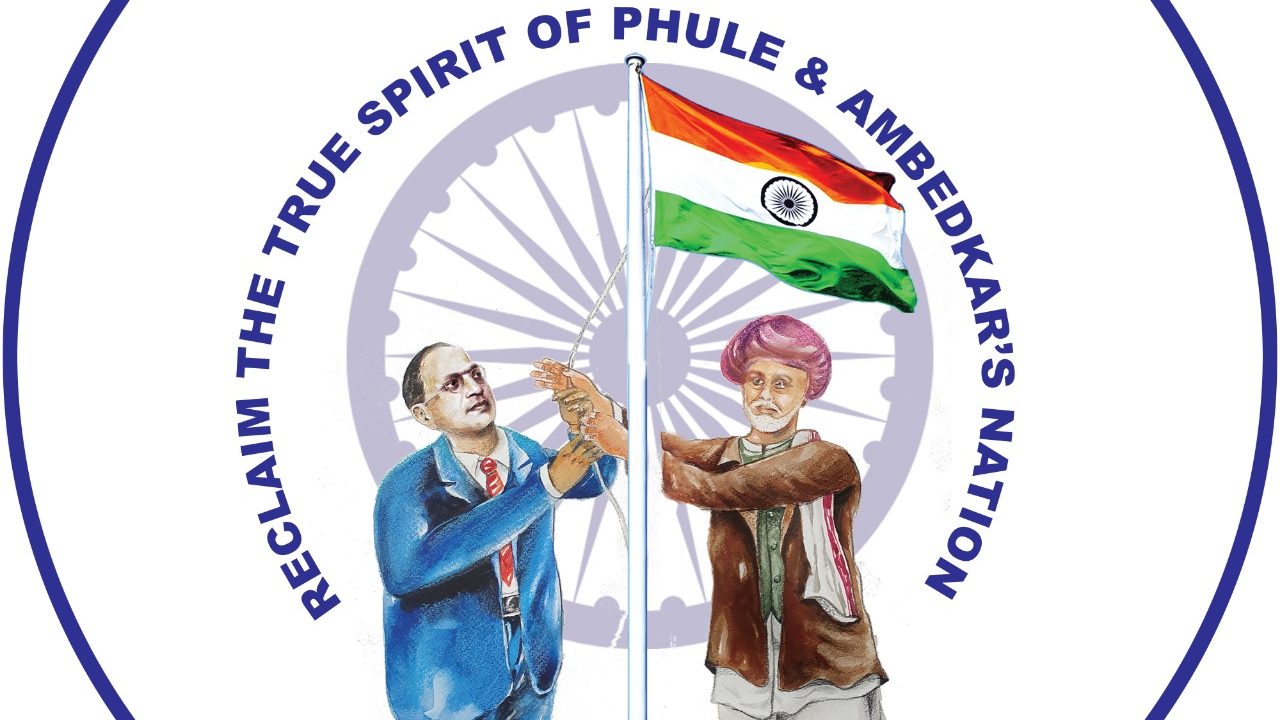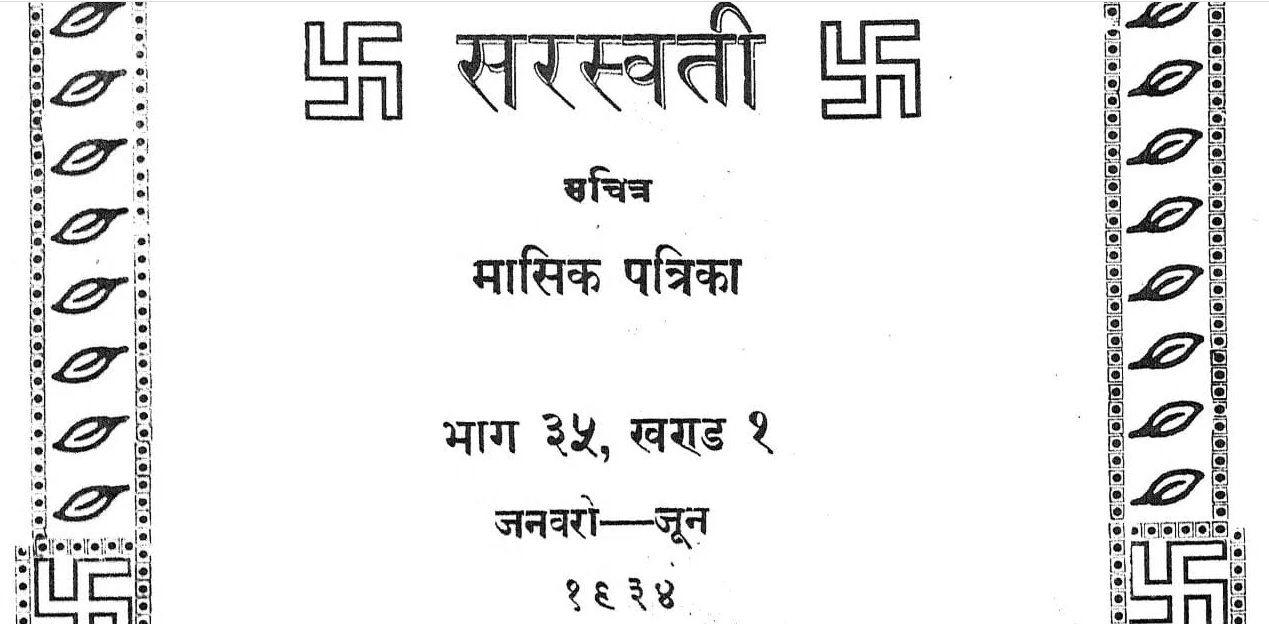
I receive about two dozen magazines brought out by Dalit organizations and others every month by post. More than half of them are straightaway consigned to the wastepaper bin. I do not like to even open them. Some I flip through and find overflowing with rubbish. I can’t understand why so many people are wasting their time and money on bringing out these rags. Some of these magazines have been published for the past 25-30 years and some are even half a century old. Their only use is to let their editors vent their frustration. They never publish anything remarkable or readable.
Over the last couple of years, some good magazines came out and made their mark in the field of journalism. I used to eagerly wait for their new issues. They evoked curiosity. But they did not last long. Most began gasping for breath within a year or two. But even during their fleeting existence, they did throw up new ideas and had an impact on the popular discourse. And their readers miss them even today. Whenever their names are mentioned one feels sad over their demise.
FORWARD Press had a distinct impact from day one. It provided food for thought. It considerably lessened the pain of the closure of Ashwaghosh and Manjhi Janata.
The concept of Bahujan is the key consciousness of FP. In politics, Kanshi Ram was the progenitor of the concept of Bahujan. But before him, in the 1960s and 70s, Chandrikaprasad Jigyasu had given shape to the concept of Bahujan in the fields of literature and thought. He won recognition for the heroes of Dalit and backward classes and their ideology by publishing the Bahujan Vichar Mala. He was one of the Navratnas (nine gems) of Bodhanand, who, besides him, included Swami Achhutanand (Chamar), Raisaheb Ramsahai (Pasi), Raisaheb Ramcharan (Mallah), Shivdayal Singh Chaurasia (Barai Tamoli), Mahadev Prasad (Dhanuk), Badluram Rasik (Teli) and Gauri Bhankar Pal (Gadaria). All of them were well-known personalities of their times.
The movement they had launched for awakening Bahujan consciousness lasted till the 1980s. This movement gave birth to Bahujan thinkers like Lalaisingh Yadav, Ramswaroop Verma, Mangaldev Visharad and Dr Angne Lal. Subsequently, narrow thinking confined the concept to Dalits and Dr Ambedkar.
Two decades later, FP promoted the concept of Bahujan both in the fields of literature and politics. Its very first issue created a stir. It launched a comprehensive debate on the concept of Bahujans, which was instrumental in broadening the narrow discourse. It brought together reputed Bahujan litterateurs, intellectuals and even politicians on a common platform by publishing their interviews. It will not be an exaggeration to say that it broke new political ground and raised thought-provoking questions on the vexed subject of caste. We may or may not agree with them but they do force one to think out of the box, to question the status quo.
Another important intellectual intervention of FP was the re-rendition of mythological tales. The Bahujan reading of the Mahishasur narrative published in FP not only stirred up the Bahujans across the country but also left the protectors of brahmanical Hindu culture fretting and fuming. Much to the chagrin of the brahmanical ruling class, the issue even echoed in Parliament. All the Hindu festivals celebrate the massacre of non-Aryan communities and humiliate Bahujans. This revolutionary initiative of FP helped dig up the history of the Bahujan communities that had been buried deep by the Brahmins. This history was glorious and was based on a discrete egalitarian religious philosophy. Today, we need to make serious efforts to bring this history to the fore.
The discontinuation of the print edition of FP is bad news not only for its lakhs of readers but also for its entire team. Even though it shone only briefly, it filled our minds with the light of knowledge. Its fate only shows how forces of the status quo crush revolutions.
Published in the final print (June 2016) issue of the Forward Press magazine





